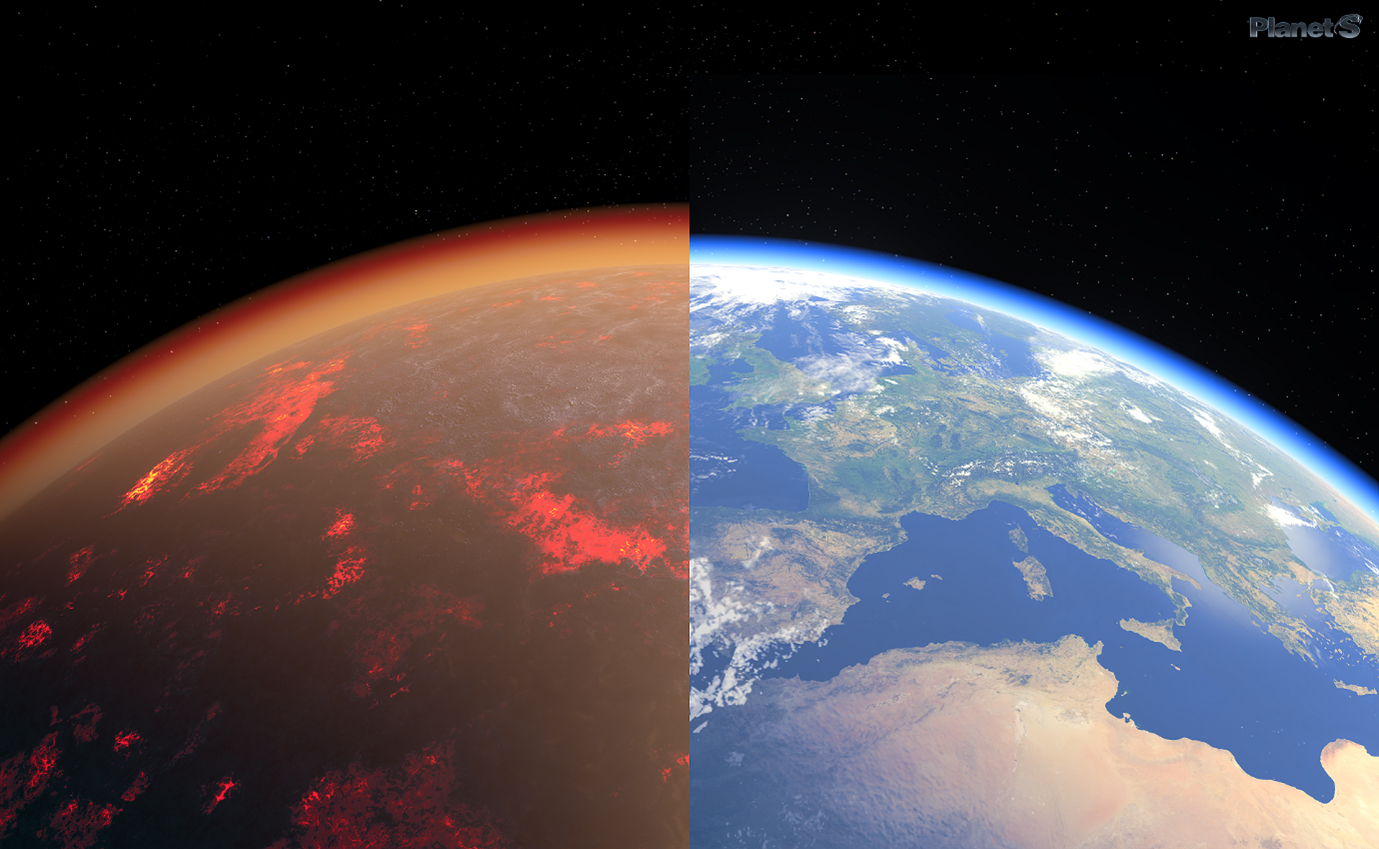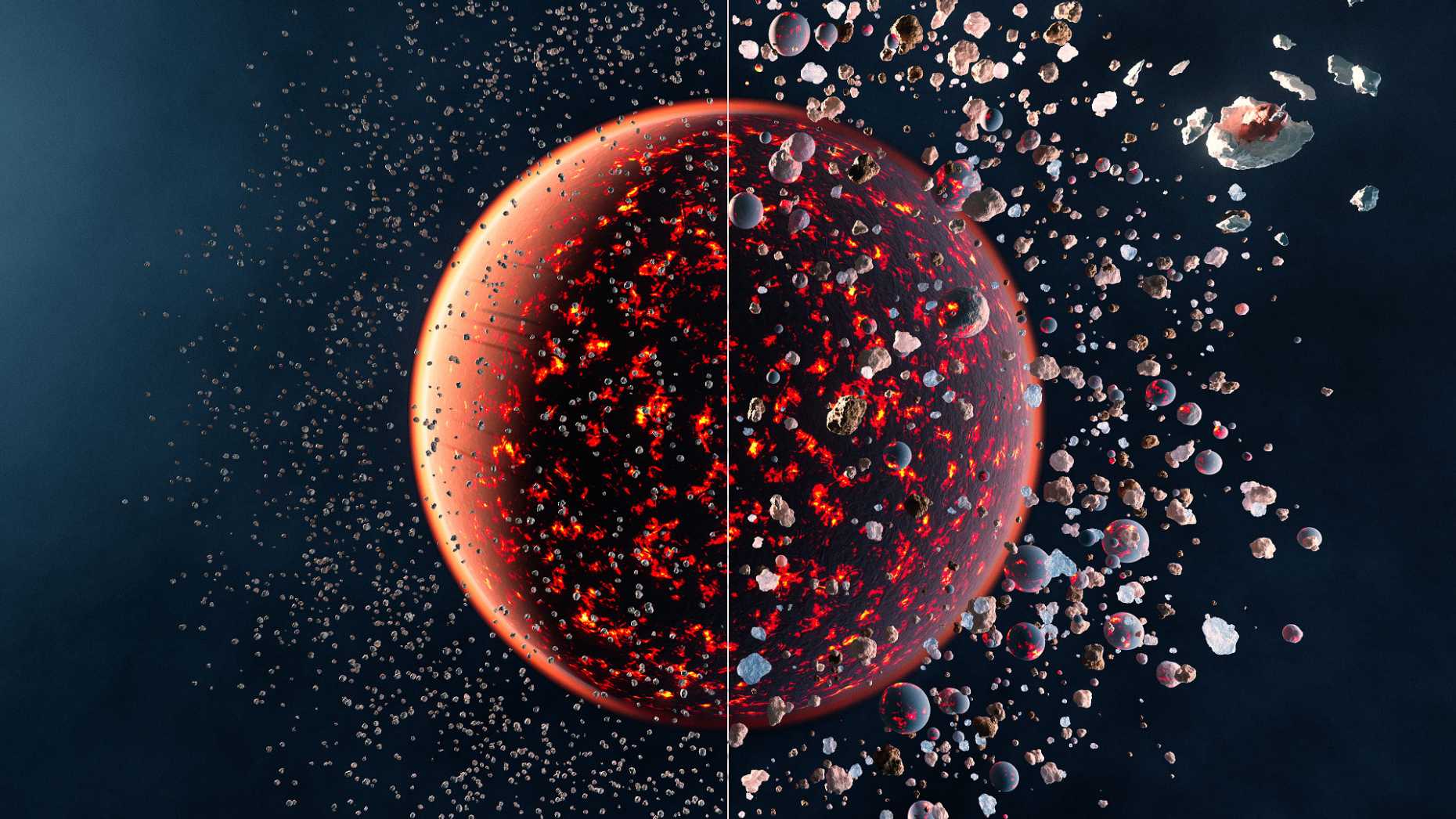Experimental Planetology
The Experimental Planetology research group seeks to understand how planets form and evolve, both in our Solar System and beyond.
Although the existence of the four terrestrial planets, Mercury, Venus, Earth and Mars, has been recognised since antiquity, the discovery of the first exoplanet in 1995 led to a revolution of thought in how planets form. Coming to terms with the fact that our solar system is not the only one in the universe means that we find ourselves in a unique position to compare the nature and make-up of the four rocky planets to the ever-growing panorama of exoplanets.
How representative are our planets of those around other stars? Is the nature of our Solar System, and therefore the emergence of life within it, an anomaly? Can we identify the ingredients needed for Earth-like planets capable of supporting life? These are some of the questions that Paolo Sossi and his Experimental Planetology group at ETH Zurich seek to answer.

To do so, the group is at the forefront of developing novel experimental, spectroscopic, and numerical techniques. When coupled with ongoing observations of the physical and chemical properties of rocky planets, both in our own Solar System and beyond, we can hope to provide answers to these questions. Paolo and his team aim to simulate, through experiment, the high temperature conditions that were likely present during the birth of our planet, and of rocky planets more widely.
To reach these temperatures, miniature planets and their atmospheres are simulated in the laboratory. The group uses cutting-edge equipment, from mass spectrometers that are able to detect, in-situ, gas species evaporating from molten rock, to visible- and infrared spectroscopy that examines the vibrational properties of solids, liquids and gases relevant to the formation of planets. These data are used to calibrate and ground-truth astrophysical observations of planetary atmospheres and their surfaces coming from next-generation telescopes. This is achieved by extracting fundamental physical and thermodynamic properties from the measurements, and incorporating them into numerical models to provide quantitative descriptions of the composition, structure and dynamics of planetary bodies.
As both experiments and observations become increasingly precise and more numerous, statistical models of planet formation and evolution will be needed to place these data into a more general context, which is a key objective of the group. Understanding the life-cycle of a planet in the broadest sense enables predictions to be made on their occurrence, prevalence and, in future, the likelihood of the emergence of life on other worlds.
In the news
New insights into the Earth’s formation

An international research team led by ETH Zurich proposes a new theory for the Earth’s formation. It may also show how other rocky planets were formed.
Contact
Inst. für Geochemie und Petrologie
Clausiusstrasse 25
8092
Zürich
Switzerland

Professor Paolo Sossi began his Professorship for Experimental Planetology at ETH Zurich on 1 June 2022.